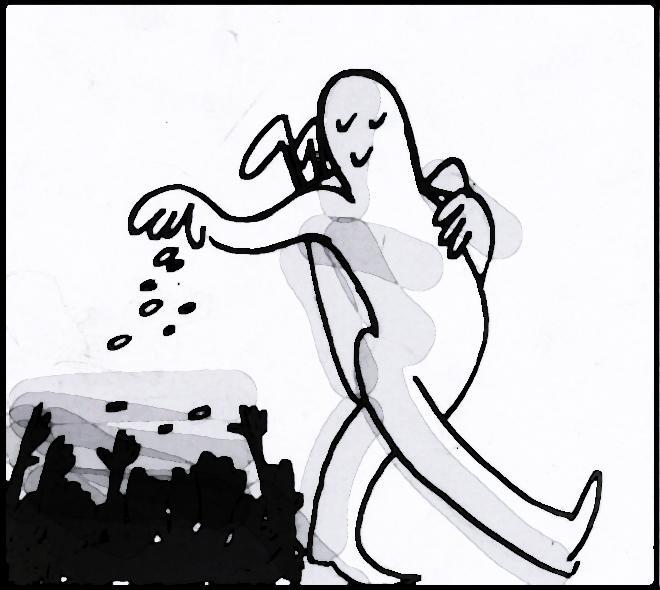If the United States ever became a communist country, its name would be New New Jersey.
You’re probably thinking this is “a truly ridiculous idea.” If so, you’ve stolen the words New Jersey Gov. Chris Christie used to describe the move to raise the state’s minimum wage to $8.25, while adding it to the state’s constitution.
This “ridiculous” piece of state legislation affects us all the way down in the bayou, especially the country’s future leaders – college students.
The argument is that New Jersey is one of the nation’s most expensive states, with gas prices close to 10 dollars and families unable to get by on the federal minimum wage.
To demystify the embellishment of unaffordable gas prices, the Lukoil North Americacompany is the lone advertiser of such high gas prices, and store owner Khaled Kezbari is charging customers a modest $3.79, according to ABC News.
New Jersey may be one of the most expensive states, but the more expensive state across the river, New York, isn’t raising the minimum wage.
And the claim that families are more likely to earn the federal minimum wage than the young, single or never-married is false.
“Among employed teenagers paid by the hour, about 23 percent earned the minimum wage or less, compared with about 3 percent of workers age 25 and over,” according to the Bureau of Labor Statistics.
The increase of gym, tan and laundry prices would have been a better argument to raise minimum wage.
In 2009, New Jersey’s minimum wage was increased to $7.25. Only three years have passed and already the workers of Jersey are asking for more.
As the saying goes, give a mouse a cookie and he’ll want milk.
The real bad guy here is inflation. New Jersey Senate President Steve Sweeney is advocating a change to the state’s constitution that would increase the minimum wage with inflation.
But a constitution is a manual on the “can” and “cannots” of regulations, not the regulation itself.
The purpose of minimum wage is to ensure a basic standard of living, but standards are individually decided and subjective in nature.
Therefore, increasing wages would increase inflation. A focus on monetary and fiscal policies would help slow the rise of inflation, not increasing wages.
Minimum wage is a price control. Price controls aim to help, but they often hurt those it was intended to help by reducing, in this case, the number of jobs.
Employers are forced to pay higher prices for low-skilled labor, so instead of hiring the expensive worker, they will turn to a more efficient, cheaper option – usually a machine.
The end result will always be a higher rate of unemployment. More unemployment means more people on welfare. And the more the government spends the more taxes we have to pay.
Taxes reduce income, and at the rate minimum wage is increasing, there will not be a difference between wealth or poverty – what does that sounds like?
Think about it: We wouldn’t know wealthy without poverty. Life is cruel, but poverty will always exist.
The only country in recent history without poverty was the Soviet Union.
We all know how that story ends.





